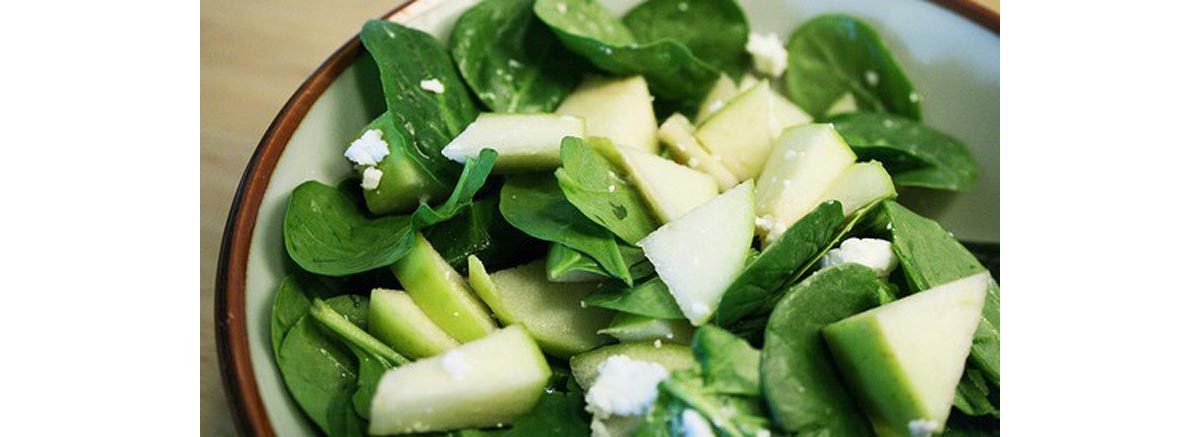Table of Contents
Dairy
You know that calcium is imperative for proper bone health and improving bone strength. Chances are that the first thing that comes to mind when you think of calcium-rich foods is milk. It’s true that milk is a calcium powerhouse, with an 8 ounce serving providing 300 milligrams of calcium.

Depending on your age and your specific calcium needs, that one cup can provide roughly 1/3 of your daily calcium requirement. Milk is not the only dairy product that is high in calcium and vitamin D. Yogurt and cheese are also fortified with these nutrients, and can be a nutritious part of your healthy diet.
Individuals who don’t like milk can consume yogurt and cheese and reap the same benefits. One cup of yogurt and one ounce of Swiss cheese contain almost as much calcium as one cup of milk. If you opt for yogurt as your dairy of choice, remember that Greek yogurt varieties, popular for their high protein content, generally do not contain adequate levels of vitamin D and often have less calcium that traditional yogurts.
Sardines
Although milk and dairy are the most common calcium-rich foods, they are certainly not the only ones. In fact, other foods, such as sardines, contain higher levels of calcium and vitamin D per serving than milk and dairy products. Just 3 ounces of canned sardines provides slightly more calcium than one serving of dairy. Sardines are available fresh or canned, and they can be easily added to salads, pastas and sauces.
Dark Leafy Greens
Dark leafy greens are chock full of calcium. They are easy to incorporate into the diet and can be eaten raw or cooked. They make an excellent addition to salads and have the added bonus of being very high in fiber, iron and vitamin A. When choosing dark leafy greens, the best choices for high calcium levels are spinach, bok choy, kale and collard greens. Just one cup of cooked spinach can provide roughly ¼ of your daily calcium needs.
Enriched Foods
Enriched foods are common foods that are fortified with calcium and vitamin D. These are a good option for people who do not consume enough high-calcium whole foods. Examples of enriched foods include fortified cereals, enriched pastas and dairy alternatives that have been fortified such as almond, soy and rice milk. Many commercially prepared orange juices are fortified with calcium and vitamin D. Although fresh-squeezed orange juice does not contain calcium or vitamin D, just one glass of fortified OJ provides a boost in these essential nutrients. In addition, the ascorbic acid found in orange juice may be beneficial in boosting calcium absorption.
Tofu
Eating tofu and other soy-containing foods are an effective way to increase your calcium intake. A ½ cup serving of tofu contains more than 800 milligrams of calcium. In addition, tofu and soy foods contain estrogen-mimicking isoflavones, which are believed to strengthen bone density.
Fatty Fish
Salmon, tuna and other fatty fish help to boost bone strength. They are high in calcium and vitamin D, as well as beneficial omega-3 fatty acids. They are easy to cook and can be grilled, poached or baked and easily incorporated into a variety of healthy dishes.
Nuts and Seeds
Although not all nuts and seeds are high in calcium, they can help improve bone strength in other ways. Nuts and seeds such as walnuts as flaxseeds are high in potassium, which guards against excess calcium loss in urine. Most nuts are high in protein as well, which aids in increasing bone strength.
- Photo courtesy of theenmoy on Flickr: www.flickr.com/photos/theenmoy/5501304744
- Photo courtesy of 9439733@N02 on Flickr: www.flickr.com/photos/9439733@N02/2394931656

